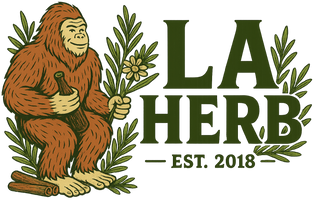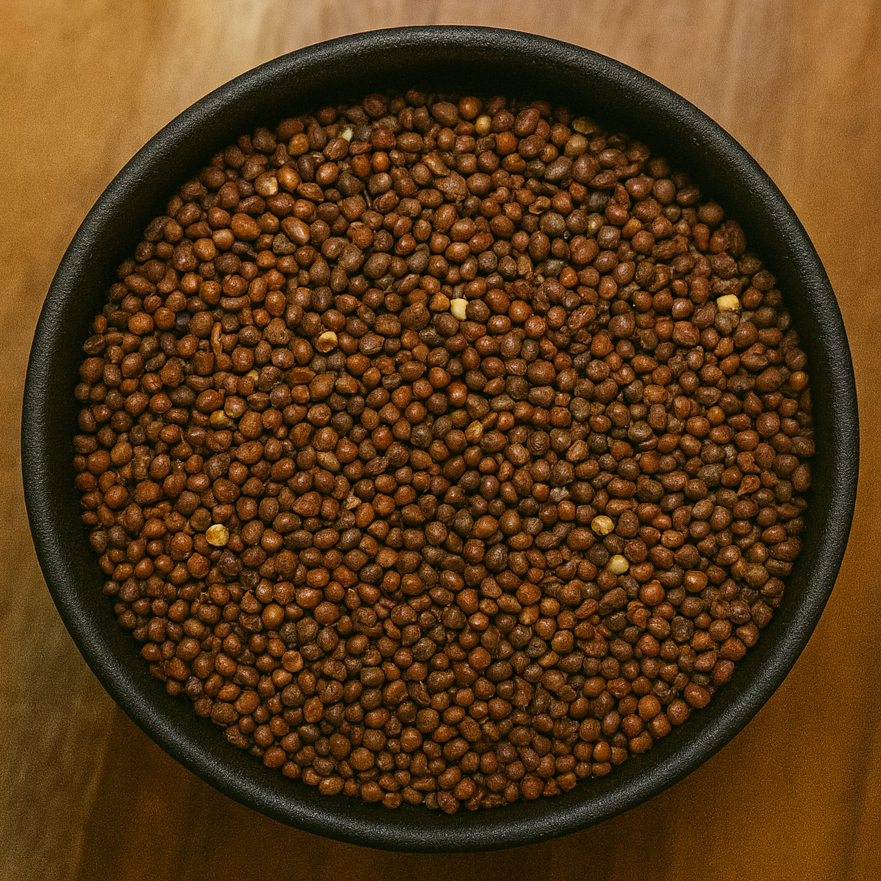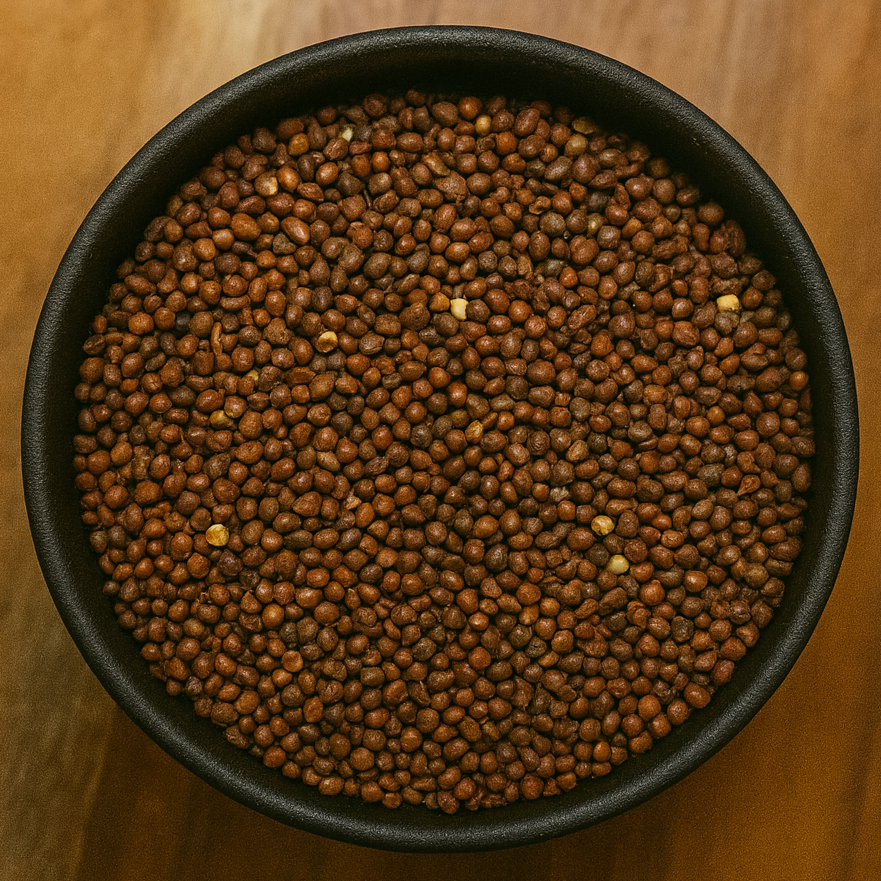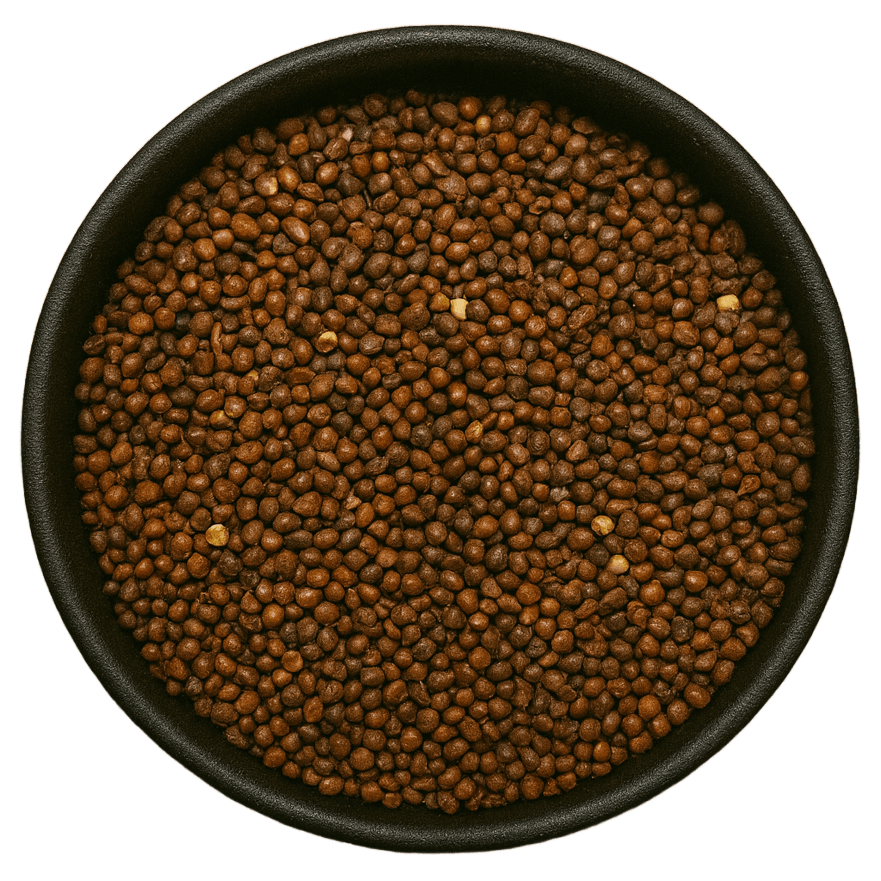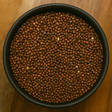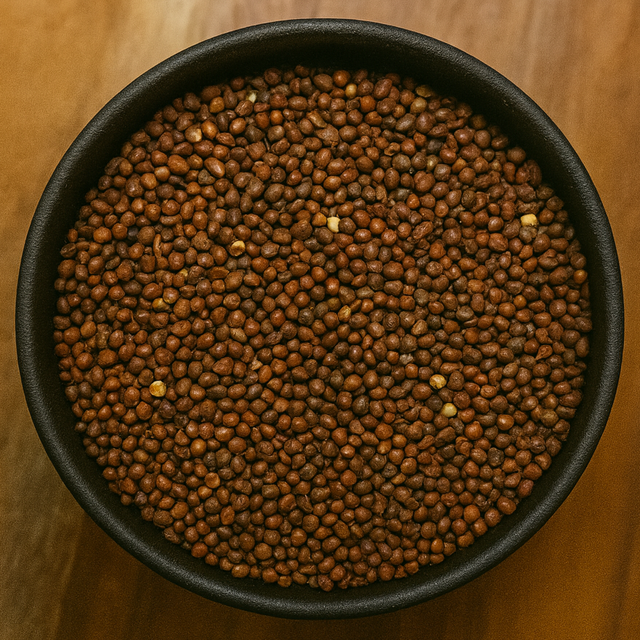Radish Seed Whole (Raphanus Sativus)
Radish Seed Whole (Raphanus Sativus) - 1 oz is backordered and will ship as soon as it is back in stock.
Couldn't load pickup availability
Radish Seed Whole (Raphanus sativus) is the dried seed of the common radish plant, long valued in traditional Chinese medicine (TCM), Ayurveda, and folk herbal practices for its digestive, respiratory, and detoxifying properties. Known in TCM as Lai Fu Zi, these small brown seeds are regarded as a warming, dispersing herb that helps to regulate digestion, reduce phlegm, and move stagnant food qi.
In traditional use, Radish Seeds are commonly decocted or ground for indigestion, bloating, belching, and food stagnation. They are also employed to ease cough with phlegm, support lung function, and reduce wheezing. In some classical formulas, they are combined with other herbs to address both digestive and respiratory discomforts simultaneously.
In Ayurveda, radish seeds have been used as a pungent, stimulating remedy to support detoxification, liver health, and elimination of excess kapha, aligning closely with their phlegm-resolving role in TCM.
Modern studies highlight the presence of glucosinolates, flavonoids, and essential fatty acids in Raphanus sativus seeds, compounds associated with antioxidant, anti-inflammatory, and digestive-supporting actions. Their natural bitterness and pungency reflect their effectiveness in stimulating metabolism and clearing blockages.
Each batch of Radish Seed Whole (Raphanus sativus) is carefully harvested and dried to preserve its potency, sharp flavor, and therapeutic compounds. When simmered in decoctions or ground into powders, the seeds release a pungent, slightly bitter profile well-suited for digestive and respiratory formulas. Respected as a specialized TCM and Ayurvedic remedy, Radish Seeds remain an essential addition to the apothecary for restoring balance and aiding natural elimination.
Also Known As: Lai Fu Zi, Semen Raphani, Radish Seed, Luo Bo Zi (萝卜子)
Nutrients: Sinapine, raphanin, glucosinolates, flavonoids, fatty oils, proteins, enzymes (myrosinase), minerals (calcium, phosphorus, iron)
Notes: A classical herb in Traditional Chinese Medicine, used to reduce food stagnation, descend qi, and transform phlegm. Commonly prescribed for indigestion, bloating, cough with phlegm, and wheezing. In TCM, it enters the Lung, Spleen, and Stomach meridians. Often combined with Shen Qu, Mai Ya, or Lai Fu Zi Tang formulas. Unlike the radish root, the seed is not consumed as food but strictly as medicine. Caution: Should not be used in cases of spleen qi deficiency without food stagnation, or during pregnancy unless supervised by a practitioner.
